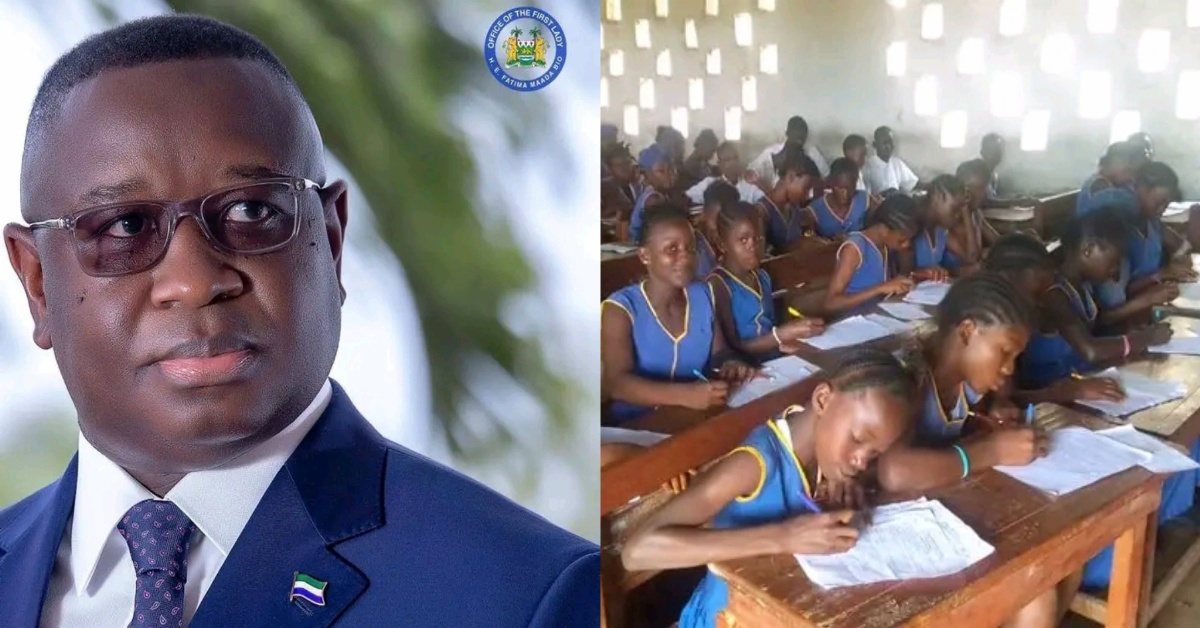Sierra Leone has emerged as a major player in ensuring free education for all children, as the international community rallies behind efforts to strengthen the right to education globally.
At the United Nations Human Rights Council in Geneva, over 70 countries expressed their support for the explicit right to free secondary education and at least one year of free pre-primary education.
Luxembourg and the Dominican Republic spearheaded this statement of support, emphasizing the critical need to extend educational opportunities beyond primary schooling. Brazil went a step further, urging all nations to consider a new international legal instrument recognizing the right of every child to at least one year of preschool and free, inclusive, and high-quality secondary education.
This global call for action stems from the realization that the UN Convention on the Rights of the Child, despite being the most widely ratified international human rights treaty, lacks explicit references to early childhood education. While it mandates free and compulsory primary education, it falls short in obligating governments to provide free pre-primary and secondary education to all children.
Highlighting the impact of comprehensive educational reforms, Sierra Leone’s Minister of Education, David Moinina Sengeh, shared in a video address that the country’s initiative launched in 2018, which eliminated tuition and examination fees, resulted in a remarkable increase in school enrollment by over a million children.
Building upon this success, Sierra Leone recently enacted legislation guaranteeing 13 years of free education, from pre-primary through secondary levels.
This statement advocating for strengthened international law on the right to education enjoys support not only from governments but also from activists, human rights experts, Nobel Prize laureates, and the global civic movement Avaaz, which garnered over half a million signatures in an open letter. Human Rights Watch further contends that a fourth optional protocol to the Convention on the Rights of the Child would be the most effective means to fortify the global norm of free education.
Lucia Fry, Director of Research and Policy at the Malala Fund, acknowledged that extending the international legal framework alone would not solve all educational challenges. However, she highlighted three vital contributions it would make: reinforcing the global norm that all children deserve education, empowering girls fighting for equal access to learning, and equipping children, parents, activists, and policymakers with an indispensable tool to advocate for the right to free education for all.












This is the most important things that we were praying for in Sierra Leone. God bless president Bio and the people of Sierra Leone 😍😍😍
Thanks to president Bio and Minister Sengeh’s and valued MBSSE officials and partners sponsoring the FQSE.